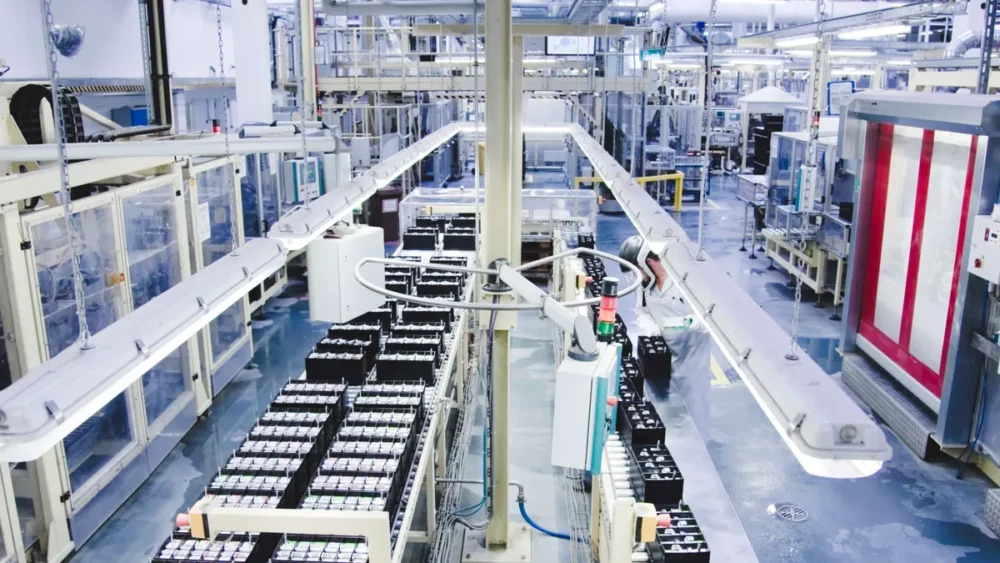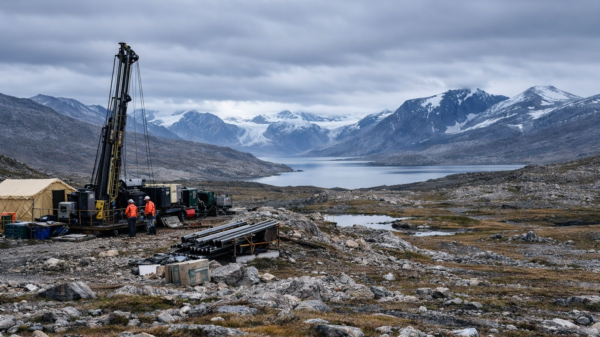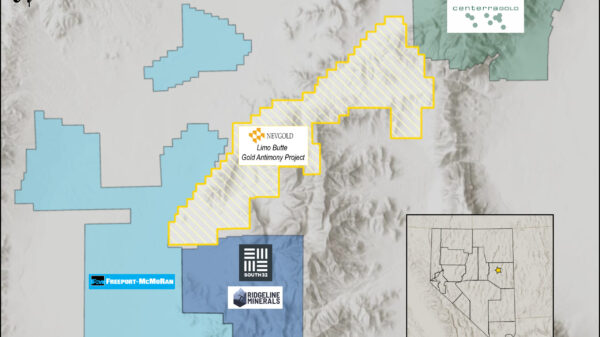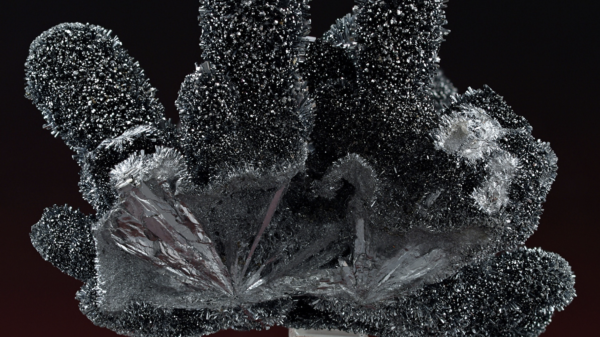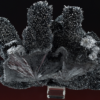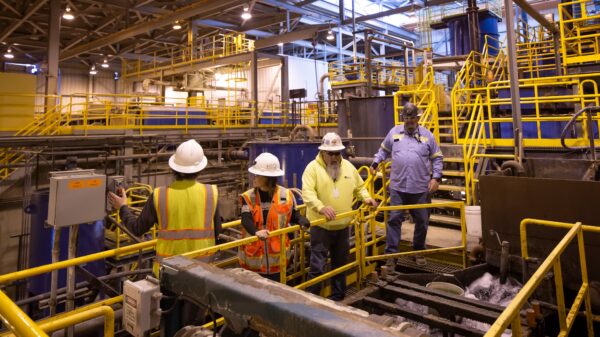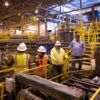Low-voltage battery producer, Clarios, plans to invest USD$1 billion in a critical minerals processing and recovery plan in the United States.
The company said in a new release on Tuesday that this was part of Clarios’ overall strategy to boost the domestic supply of critical minerals.
Clarios, based in Glendale, Wisconsin, is owned by the global investment firm Brookfield Asset Management Ltd. (NYSE: BAM) and operates 16 manufacturing and distribution centers across the U.S.
The battery maker has already completed preliminary site assessments for its new plant. It is considering Indiana, Texas, or Utah as potential locations.
The project is part of Clarios’ broader $6 billion energy manufacturing strategy. Additionally, it expects to receive support through federal advanced manufacturing tax credits.
Clarios plans to use advanced technologies at its new critical mineral processing and recovery plant to extract antimony and other key minerals from recycled materials. This approach will improve both efficiency and sustainability in the recycling process.
Antimony plays a vital role in producing ammunition, infrared sensors, and precision optics. Also, demand has surged since China imposed export controls last September. As a result, antimony prices have more than tripled.
Additionally, Clarios noted that its strategy supports the U.S. government’s push to strengthen the domestic supply of critical minerals.
“By investing in critical mineral processing and recovery, Clarios is supporting these national security priorities and contributing to the resilience of the US supply chain,” said the company.
Clarios filed to go public in the U.S. in 2021 but paused the effort due to macroeconomic pressures. The company formally withdrew its IPO plans earlier this year.
Read more: NevGold raises $5M for promising gold-antimony prospects in Nevada
Read more: NevGold closes its Nutmeg Mountain acquisition with Goldmining for $3 million
The United States in a race for critical minerals
The global race to secure critical minerals has intensified, revealing significant geopolitical challenges for the United States. Despite efforts to bolster domestic production, economic and regulatory hurdles persist.
Albemarle Corporation (NYSE: ALB), the world’s largest lithium producer, recently paused its plans to build a $1.3 billion lithium refinery in South Carolina. CEO Kent Masters cited a 74 per cent drop in lithium prices over the past two years, stating the project is no longer economically viable.
As a result, this decision undermines U.S. initiatives to reduce reliance on Chinese lithium sources.
Antimony, essential for ammunition, infrared sensors, and precision optics, is another critical mineral where the U.S. seeks independence.
Perpetua Resources Corp.‘s (NASDAQ: PPTA) (TSE: PPTA) Stibnite Gold Project in Idaho, rich in antimony and gold, was granted FAST-41 status by the Trump administration.
This designation further streamlines permitting for critical infrastructure projects, aiming to boost domestic production and reduce reliance on foreign sources .
Additionally, companies like NevGold Corp (CVE: NAU) (OTCMKTS: NAUFF) (FRA: 5E50) are exploring gold-antimony opportunities within the U.S. NevGold’s Limousine Butte Project in Nevada has yielded significant oxide gold-antimony drill results, indicating substantial potential for domestic supply.
The company has also raised CAD$5 million to advance this project, aligning with national efforts to secure critical mineral resources .
These developments underscore the complex interplay between economic viability, regulatory frameworks, and national security in securing critical mineral supplies.
While initiatives like FAST-41 aim to expedite domestic production, market dynamics and investment challenges continue to shape the U.S. strategy in this geopolitical arena.
.
NevGold Corp is a sponsor of Mugglehead news coverage
.

